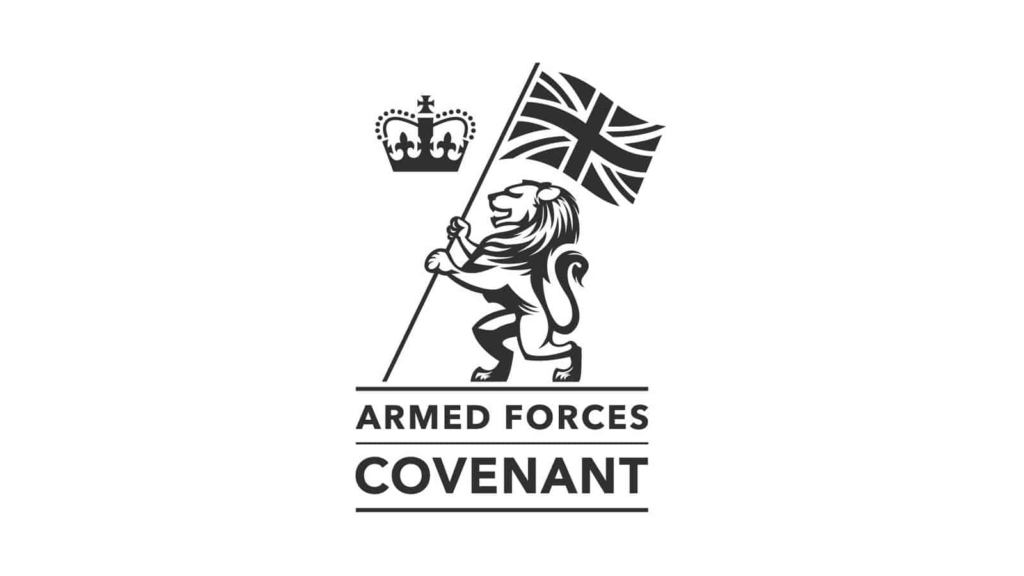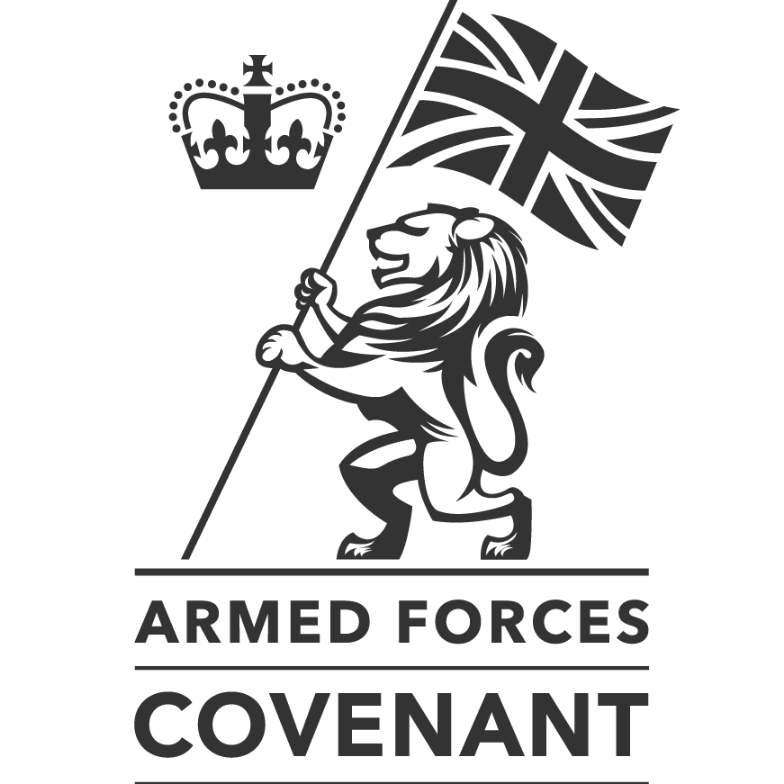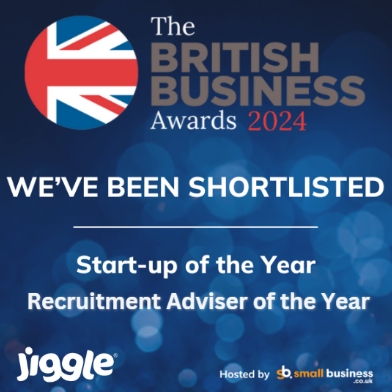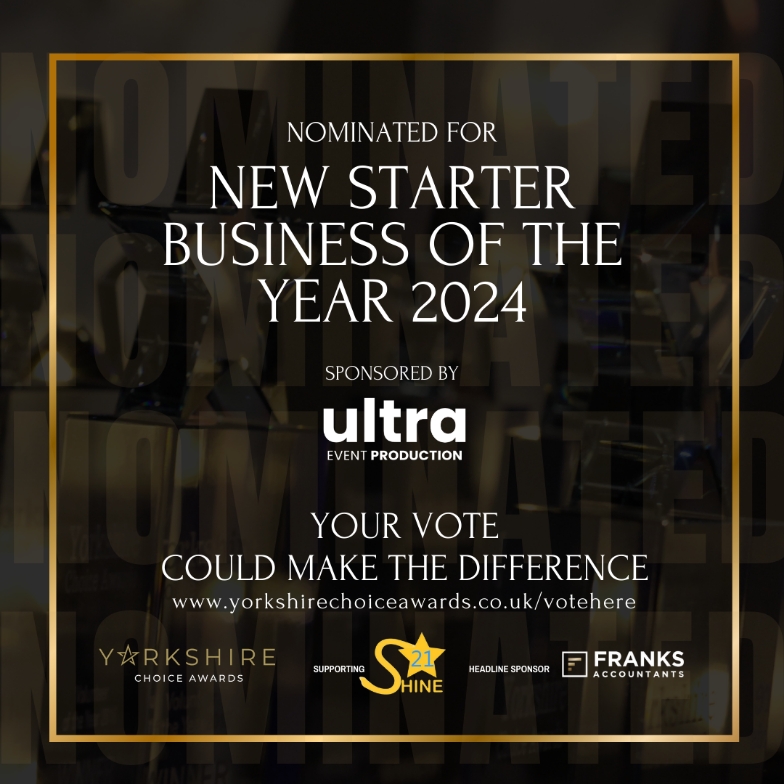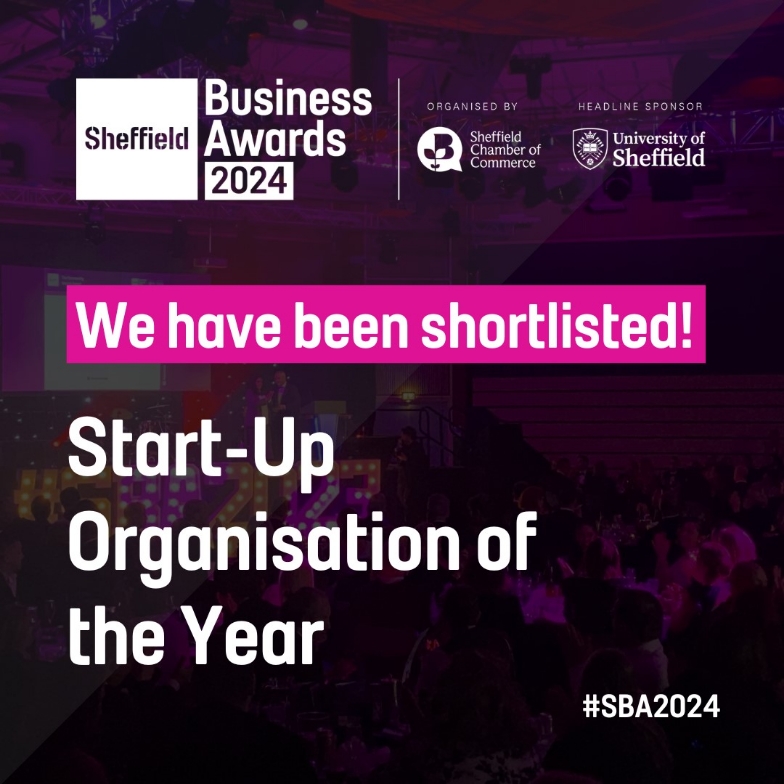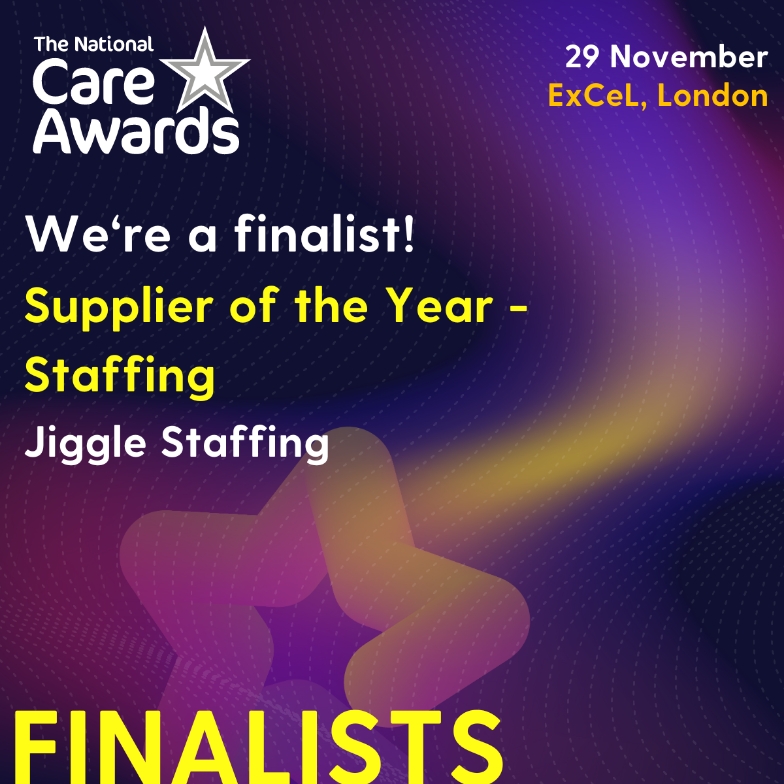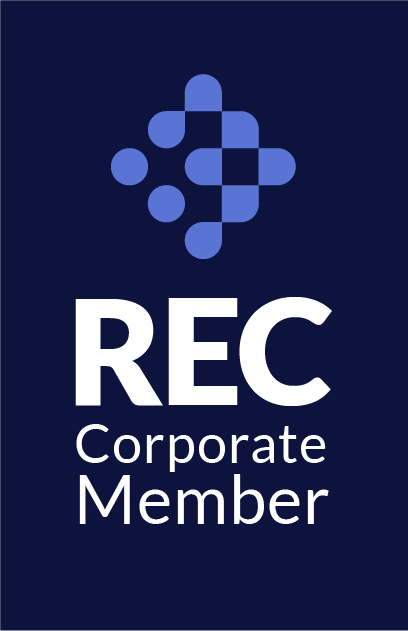Together you and your recruiter have secured you an interview for your dream job. All you need to do now is beat the other candidates to land the role. What could possibly go wrong? Hopefully nothing, but it doesn’t hurt to be prepared. Here’s some advice on how you can give yourself the best possible chance of receiving the offer.
Understand the set up
Make sure you’re certain about the format of the interview. Whether it’s online or in person, double check the time and the place. If you’re attending face to face, back up your sat nav with directions, get a realistic estimate of how long it will take you to get there and add extra time in case of unexpected delays. Find out details such as where to park and which entrance to use. That way you won’t arrived late and/or stressed. For online interviews, test your set up a couple of days before to make sure you can easily access the meeting. The last way you want to start an interview is trying to get your camera and microphone to work.
Look sharp
It should go without saying that employers will expect you to arrive at in person and online interviews looking clean, groomed and smart. Obviously, this is less important for some jobs than others, but appearing tidy demonstrates respect for yourself, those interviewing you and your potential colleagues. For online interviews, make sure your background is neat and professional looking, or blur it if that’s not possible. Put pets and kids out of the room so you’re not distracted; they might be the cutest in the world but there’ll be plenty of time to introduce them to your new colleagues if you get the job.
Who’s who
Find out who will be interviewing you and their role in the company. Have a look on LinkedIn to discover more about them and what their job entails. Find out where they studied and which previous organisations they’ve worked for. If you’re being interviewed by more than one person, be sure to show an equal amount of interest in all.
Types of interview
Traditionally, interviewers will review your CV and talk about your experience and aspirations. The formality of this will depend upon the company culture and the nature of the role you’re applying for. Many companies are assured by your application that you have the right qualifications and will focus more on your personality and how you like to work. Others will want to examine your job history in more depth. Some may also expect you to demonstrate your practical aptitude for the job with a short test; they should let you know about this before you attend the interview. Depending on the nature of the role, you may be asked to deliver a presentation, usually focused on how you would approach the role. It’s worth putting the time into preparing and practicing this, and getting input from friends and colleagues.
Show some interest
It pays to research the company before your interview. This means you can tailor your answers to relevant areas and ask pertinent questions. It also demonstrates that you take a diligent approach in general, and are genuinely interested in working for the business. You might even like to ask if you can make some notes during the interview of anything that particularly resonates with you and/or might be an area for discussion should there be a second interview.
Judging
Many interviews use a scoring system for candidates to ensure objectivity and fairness. Qualifications and experience will gain initial points, which will then be augmented by interview performance. You know what you’re good at, but your interviewers have no idea where your strengths lie, so you need to be able to articulate this effectively. It can be useful to prepare short paragraphs that answer common interview questions such as ‘Tell me how you deal with working under pressure’ or ‘Tell me about how you overcame a particular challenge’. Write them down to make them snappy and powerful, and practice saying them until you feel confident and they trip off the tongue.
Make it personal
Companies aren’t looking for robots, they want humans, so have think about the softer skills you can bring to the role. Is it important that you’re compassionate, for example, or will a good sense of humour help you bond with the rest of the team and get you all through shared challenges? You might love activities such as running or crafting that demonstrate determination or creativity, facets that could enhance the way you work. Think about these in advance so you can talk fluently about them, and volunteer this information if you’re not asked directly.
Ask for feedback
If the worst happens and the job isn’t for you or vice versa, still make it work for you by getting feedback on how the interview went. We can learn from every experience, and if the perfect role doesn’t find you first time, you’re still a step closer to reaching your goal. Ask your interviewer for their thoughts on how it went, and consider whether there’s anything you can work on ahead of your next application. It can only help in your current role, and build towards your future success.
At Jiggle, we can offer support and advice on your job hunting journey, so if you need us, get in touch. Good luck!



